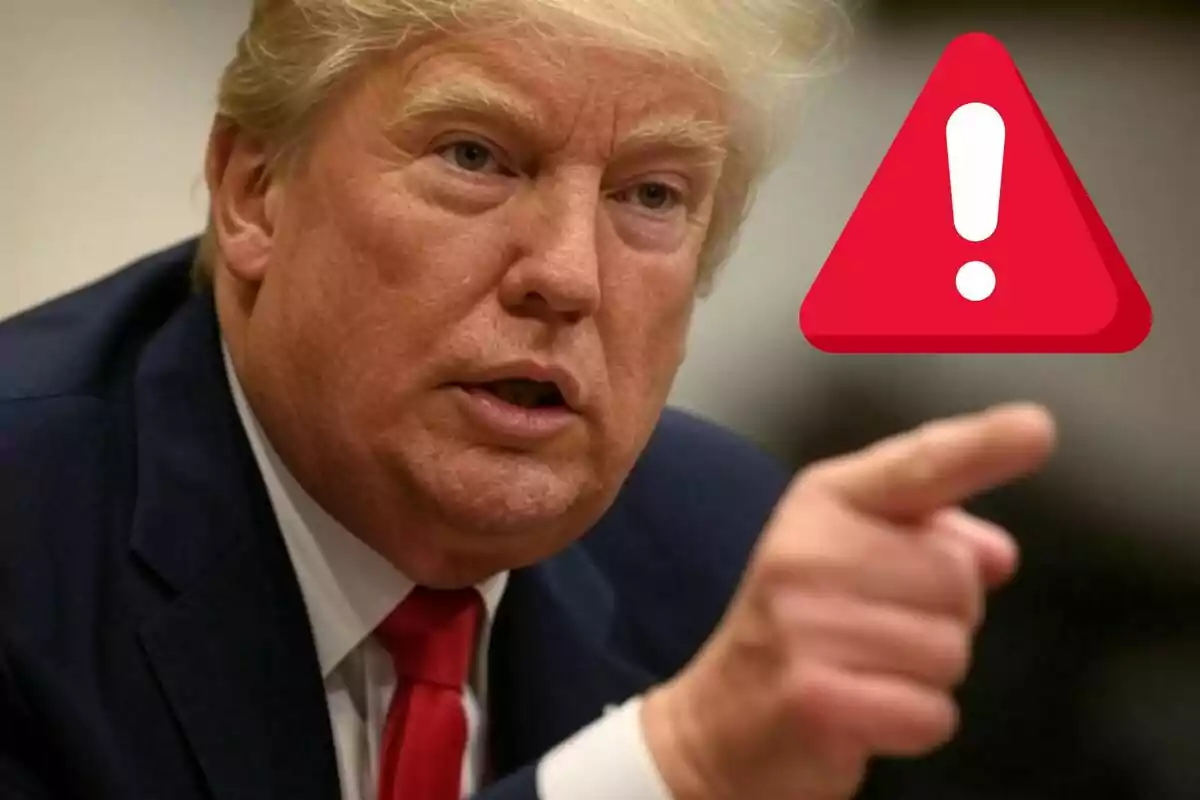Ford has made a shocking decision that shakes the global automotive industry. The brand's CEO, Jim Farley, has confirmed that the company has been forced to close several of its factories due to an issue affecting the industry. This matter, which is related to tense trade relations between the United States and China, has deeply affected automobile manufacturers.
Jim Farley revealed this serious situation last Friday. In his latest statement, he explained that supply chain problems resulting from trade conflicts have made vehicle production more difficult. This "daily struggle" has reached a critical point at Ford, which has led to drastic measures, such as the temporary closure of factories.

The rare minerals crisis, an obstacle for production at Ford
Ford, like other American brands, relies heavily on China to obtain rare earth minerals. These resources are essential for manufacturing key components such as windshield wipers, seat belts, and speakers. However, after the imposition of punitive tariffs during the trade war started by Donald Trump, automobile manufacturers have found themselves in a very complicated situation.
The tariffs, which reached up to 125%, caused great concern at Ford and other companies that depend on these resources for their production. The shortage of essential minerals has affected the pace of production, which has caused a shortage of vehicles and, consequently, financial problems.
Farley emphasized that this problem has been a "day-to-day matter." While the factories that have been closed and the length of their inactivity were not detailed, it was confirmed that the situation remains tense. The difficulties in accessing these key materials have created an insurmountable barrier to meeting production deadlines.

A future with hope? The trade resolution with China
The impact of these tariffs has been devastating for Ford, a brand that has historically been a leader in the industry. Despite this complicated situation, Ford's CEO revealed that there are renewed hopes due to the recent trade agreement between the United States and China. This agreement has allowed both nations to reach a resolution that could ease the pressure on automobile manufacturers.
Although the trade war seems to be coming to an end, the situation remains uncertain. Ford has begun working with China's Ministry of Commerce to obtain new approvals for its business plans. Farley added that the brand is "educating" the Chinese administration about the importance of these jobs, especially in the Midwest of the United States.
There, they depend directly on these supplies to keep production, but despite the obstacles, Ford is also facing other problems. Recently, the brand had to recall more than one million vehicles due to a dangerous defect. In addition, some dealerships have closed to make way for an automotive workshop chain that is now expanding across the country.

